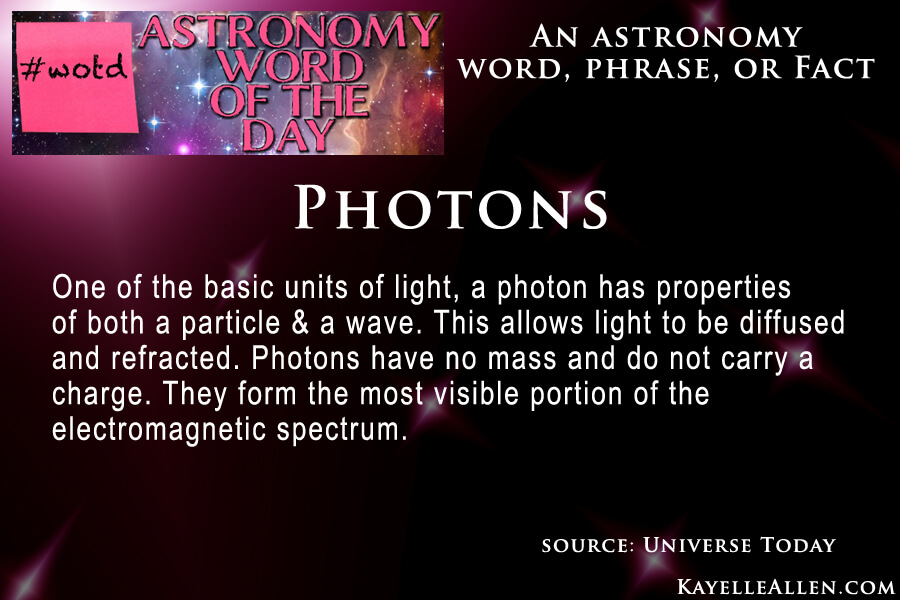“Photon torpedoes! Fire!” If you thought that was a line right out of Star Trek, congratulations. You were right. The show has been on television, in movies, books, and other media for fifty years now. The imaginative people who created and wrote it have amassed a galaxy-sized universe in which they can release stories. There are entire wikis devoted to the Star Trek series.
Writing good Science Fiction is more than the product of a good imagination, however. Along with writing and editing skills, marketing, networking, and willingness to work hard, a scifi storyteller also needs science fact on which to base that fiction.
When I’m researching a story, I start at the bottom and work my way up. I subscribe to Astronomy Magazine and read it both digitally and in print, skipping few words in either edition. Because I’m no science expert, I depend on material created by those who are. When I don’t understand a concept, one way to grasp the basics to start with a book or website geared toward young readers. A good one is Ducksters which has a science section called Physics for Kids. It contains simple information in an interesting way and suggests other places to continue research. According to them, a photon is not made of smaller units, which means it’s an elementary particle. It has no electric charge or mass, and it’s stable. There is a list of other qualities. To read more, visit http://www.ducksters.com/science/physics/photons.php
There are numerous other resources a writer can use to research and learn. In the Astronomy Word of the Day series, I’ll be sharing material I’ve gleaned over the years, as well as resources where I’ve found them. While I won’t share a word every day, there will be one at least once a week. Be sure to bookmark this page and follow the blog for more.
Photon: Astronomy word of the Day
A photon is one of the basic units of light. It has properties of both a particle and a wave, which allows light to be diffused and refracted. A photon has no mass and does not carry a charge. They form the most visible portion of the electromagnetic spectrum.
The word comes from Greek (phos or phot) meaning light. Combined with electron (an English word), the word photon means “particle representing the smallest distinct and separate amount of light.”
In the Star Trek universe, there are multiple types of photon torpedoes and were fired in a tube-shaped case. The warhead itself contained a detonation chamber filled with antimatter. When detonated it created a a matter-antimatter explosion and ion radiation (Star Trek II: The Wrath of Khan).
So are there really photon torpedoes? Would they work? Not according to theoretical physicist Michio Kaku. He says a photon torpedo would have as much power as a flashlight. I can see the battles now… Captain Kirk (or another Star Trek captain – take your pick) orders the photon torpedoes to fire, and the entire crew of the ship whips out flashlights and shines them on the enemy. That would, in truth, be as effective as a “real” photon torpedo.
So while “photon torpedo” sounds good in scifi usage, the actual definition of photon means torpedoes won’t be in our future. At least, not like the ones in Star Trek.
Like this type of post? Want to see more? What other words would you like to see? Please leave a comment and let me know.

